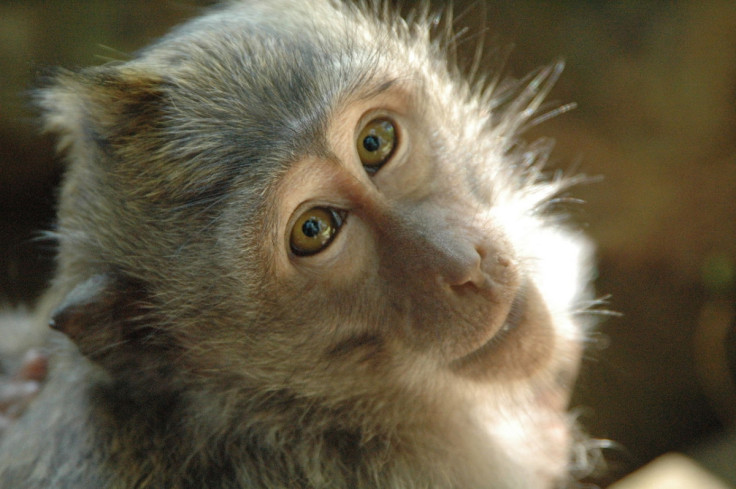Long life after menopause: An evolutionary quirk resulting from stay-at-home sons and grandsons

Why women enter menopause so long before death has long baffled scientists. But researchers now say it may be an evolutionary quirk resulting from their sons and grandsons staying at home or living nearby.
A team from the University of Liverpool and Liverpool John Moores University said evidence of a post-reproductive lifespan (PRLS) – living long after the ability to reproduce has diminished – has recently been found in a number of other mammals. Evolutionary speaking, it does not make a lot of sense for an animal to survive for a long time after it has lost the ability to reproduce – so this trait must serve some sort of purpose. So why it is so widespread is unclear.
One suggestion is that it allows the woman to care for her grandchildren, thereby increasing the chance of her genes successfully being passed down. Another is that it is just a mismatch resulting from humans being designed for shorter lifespans and now live far longer.
In their study, published in the Royal Society journal Biology Letters, the team used a phylogenetic approach, looking at evolutionary relationships, to try to find the answer. They used data from 26 different mammal species to look at the effect of lifespan, group size and the likelihood of males and females remaining within a family group – living at home or nearby.
Researchers found that neither approach completely explained PRLS, but that male philopatry (staying closer to home in adulthood) was involved. "All five species with confirmed male philopatry exhibited PRLS, but ancestral state reconstructions suggest that PRLS evolves first, followed by male philopatry (at least in primates)," they wrote. "Furthermore, 50% of the 18 species with dispersing males also exhibited PRLS, again suggesting that male philopatry is unlikely to explain the origin of PRLS in mammals.

"If PRLS is typically of short duration, then it is possible that patterns of philopatry are important in the evolution of an extended period of PRLS due to their influence on kinship. Supporting this, we found that species with female philopatry had significantly shorter periods of PRLS."
Concluding, they said it appears the evolutionary origin of PRLS appears to follow a "non-adaptive scenario such as the 'mismatch' hypothesis", but that patterns of philopatry subsequently emerged because of their adaptive benefits of women being able to provide help to male offspring in later life.
"Under this scenario, we suggest that the prolonged periods of PRLS found in a few species such as humans and cetaceans are a consequence of non-adaptive origins followed by adaptive evolutionary 'tinkering'," they wrote.
Study author Kevin Arbuckle, said: "Our results suggest that the menopause arose through a non-adaptive 'mismatch' between lifespan and reproductive span. Subsequently we think that in populations where males remained at home and females dispersed to reproduce, an adaptive benefit drove the extension of this post-reproductive period.
"This adaptive benefit could have come from grandmothers looking after their sons and grandsons at home. As females tend to reproduce more reliably than males, this additional family support could have made it more likely that their grandsons successfully reproduced. "
© Copyright IBTimes 2025. All rights reserved.






















